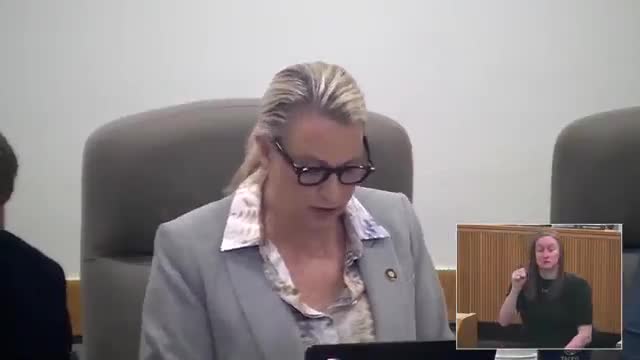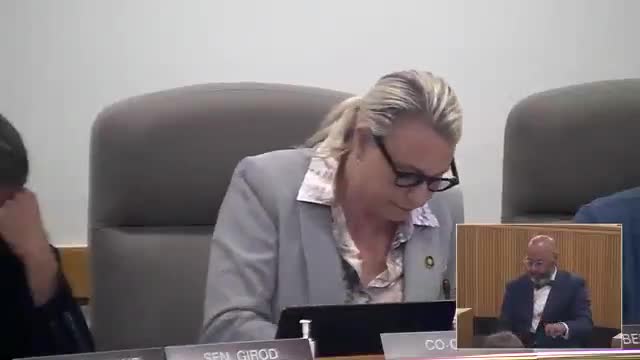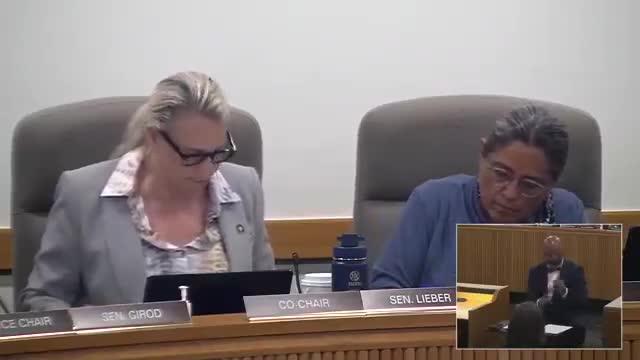Article not found
This article is no longer available. But don't worry—we've gathered other articles that discuss the same topic.

Ways and Means advances $23 billion DHS budget with investments in Medicaid rates, in‑home care and residential oversight

Ways and Means endorses Public Defense Commission budget to address unrepresented‑defendant crisis

